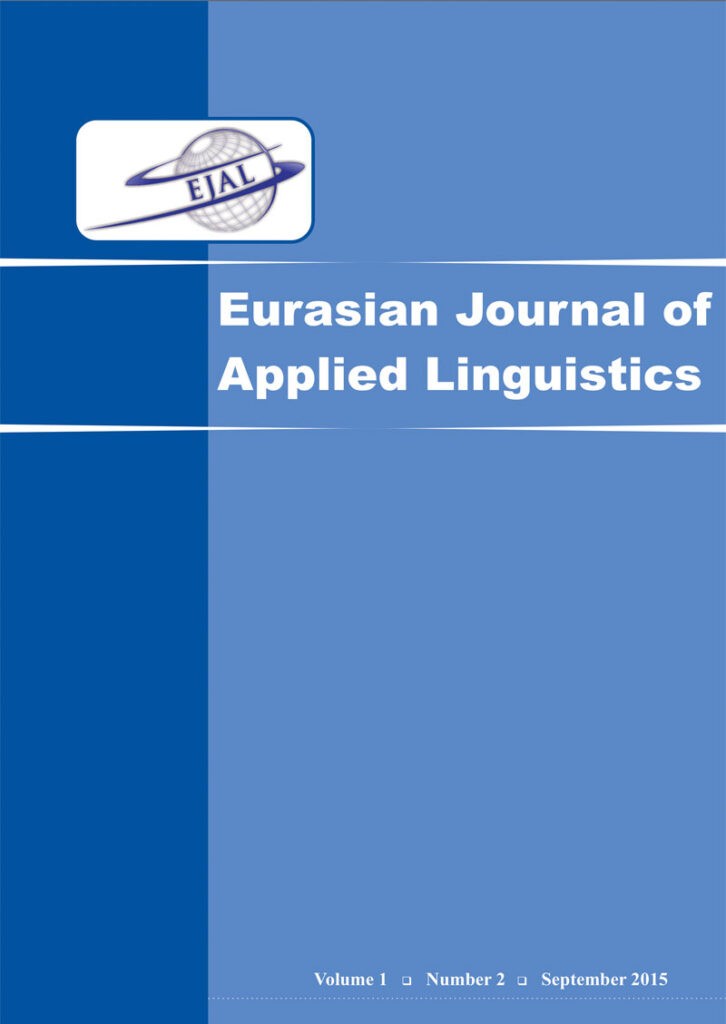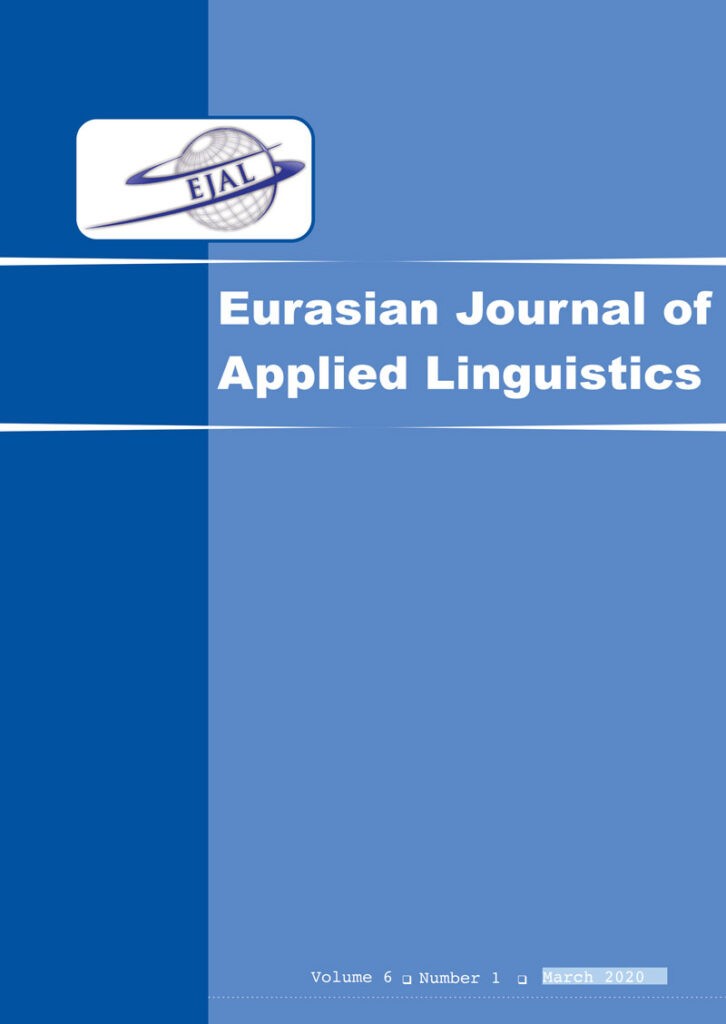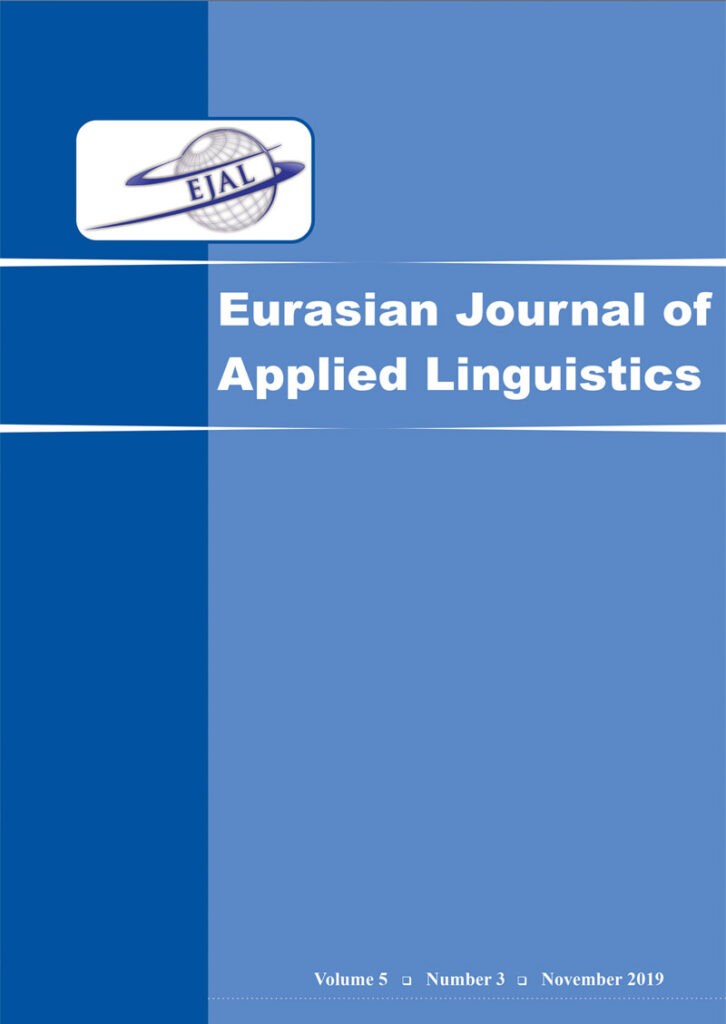Review of Corpus Linguistics for Vocabulary: A Guide for Research
Amare Tesfie Birhan Bahir Dar University https://orcid.org/0000-0002-8764-8592Keywords: English langauge teaching, corpus linguistics, vocabulary Abstract Corpus Linguistics for Vocabulary: A Guide for Research. Pawel Szudarski. London/New York: Routledge (2018). X+228, PP. ISBN 978-1-1-138-18722-1. £29.99. PDF Share on facebook Share on twitter Share on linkedin Share on whatsapp Share on pinterest
Review of Corpus Linguistics for Vocabulary: A Guide for Research Read More »



